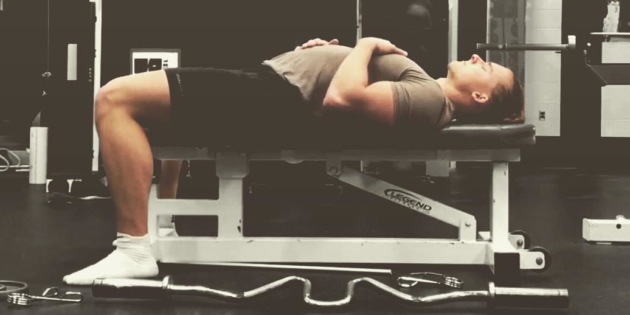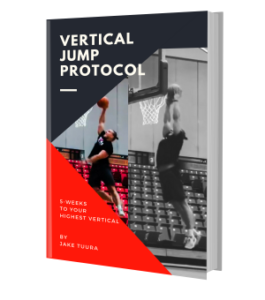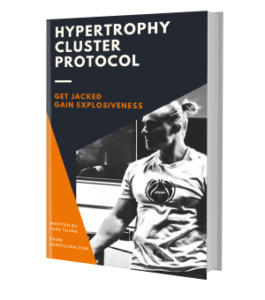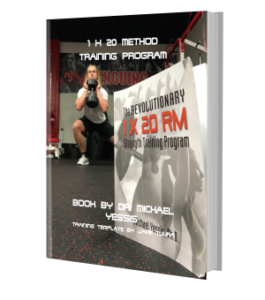Interesting correlation with people who get the gains.
Note about the autonomic nervous system: It operates in two branches. Parasympathetic (rest and digest) and Sympathetic (Fight or Flight). Parasympathetic-dominant people are relaxed. Sympathetic-dominant people are not (Type A personality). This explanation is not 100% the way it is, but it allows for a basic understanding.
Video here at the 4:55 mark: Ben Pakulski (ex-pro bodybuilder) – “You’ll never meet a bodybuilder who’s a type A personality… Bodybuilders are very chilled out, ya know, smokin weed, hangin out… The top guys in the world you’ll meet are chilled out.”
What to do: Ben recommends deep breathing and meditation to shift to a more parasympathetic (recovery) state.
Podcast here at with 29:45 mark: Andy O’Brien (Head Strength Coach of the Pittsburgh Penguins) – “If you’re somebody that’s really at the far end of the sympathetic spectrum… usually you have a capacity for speed and power… You tend to have a lot of outbound power in your nervous system.”
These athletes do not do well with high volume. They do well with a less is more approach.
In hockey, #1 complaint of sympathetic athletes is ‘I’m gassed, I’m tired, I feel like I’m not recovered from the previous day.’
“And then you have these parasympathetic athletes. They need the volume to create the hormonal response to adapt to their training. So they tend to be more volume dependent.”
In hockey, #1 complaint of parasympathetic athletes is that they have no pop. They feel flat, they feel stagnant. Very rarely will they complain of too much volume.
“Very obvious to me, parasympathetic athletes are way more muscular, they build muscle very easily, usually they want to do things not to build muscle in our sport because they can be a little too muscular. Sympathetic athletes tend to be a little more hardgainers.”
What to do: Andy says highly sympathetic athletes do very well with high doses of magnesium, things that can calm the nervous system. Ashwaganda.
Phone conversation with Andrew Flatt (has data from athletes while doing his PhD at Alabama) of HRVTraining:
High HRV is associated with a more parasympathetic-state
Low HRV is associated with a more sympathetic-state
“Guys with lower HRV tend to be more fast twitch and explosive but the relationship is certainly not perfect.”
“50% of the variation in HRV is explained by genetics.”
What to do : It’s difficult to look at interindividual differences in HRV and make conclusions. What one could do is look at their own intraindividual trends over time and attempt to shift to more parasympathetic. Better digestion, sleep, stress management… all good things that would allow for gains.
If you’re a ‘hardgainer’, maybe you are too far on the sympathetic end too often. Maybe you should work on your ability to chill out. Maybe you should lather up the magnesium gel and pop the ZMA before bed. Or as my father would say when we were getting too sympathetic, “Cool it”.



